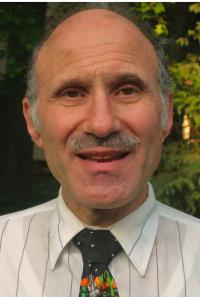US philanthropist Andrew Carnegie is the namesake of which famous location in New York City?
Andrew Carnegie, (born November 25, 1835, Dunfermline, Fife, Scotland—died August 11, 1919, Lenox, Massachusetts, U.S.), was a Scottish-born American industrialist who led the enormous expansion of the American steel industry in the late 19th century. He was also one of the most important philanthropists of his era.
Carnegie Hall is a concert venue in Midtown Manhattan in New York City, United States, located at 881 Seventh Avenue, occupying the east side of Seventh Avenue between West 56th Street and West 57th Street, two blocks south of Central Park.
Designed by architect William Burnet Tuthill and built by philanthropist Andrew Carnegie in 1891, it is one of the most prestigious venues in the world for both classical music and popular music. Carnegie Hall presents about 250 performances each season.
Carnegie Hall has 3,671 seats, divided in three auditoriums: The Main Hall (Isaac Stern Auditorium), the Recital Hall (Zankel Hall) and the Chamber Music Hall (Weill Recital Hall).
Its official opening was May 5, 1891. Many famous works were given their world premiere there, including Symphony No. 9, op 95, "From the New World" by Antonín Dvořák on December 16, 1893; "Sinfonia Domestica" by Richard Strauss on March 21, 1904, "Concerto in F" by George Gershwin on December 3, 1925, and "Variations on a Theme of Corelli" by Sergei Rachmaninoff - November 7, 1931, with the composer playing the piano.
More Info:
simple.wikipedia.org









